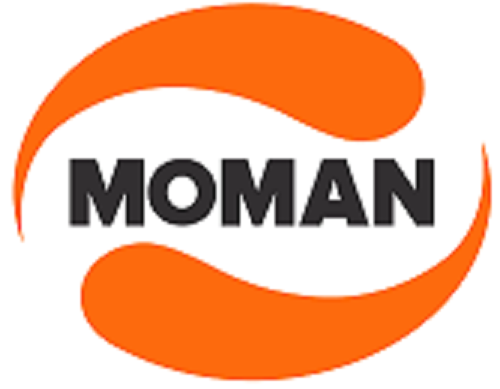-Felix Douglas
Giving details at W o r l d I n t e r n a t i o n a l D a t a D a y, a one-day workshop organised by Major Marketers Association of Nigeria (MOMAN) for energy journalists, James Gooder, Vice President, Argus Media, said Nigeria has the potential to become a regional trading pricing hub with greater chances to supply demand.
Gooder spoke on the topic: ‘The Importance of Fundamentals and Price Data in Downstream Markets,’ “We produce data for pricing freight rates of the market into Nigeria. Gasoline exports into Africa and primarily into West Africa, and into Nigeria much of it to Europe.”
He maintained that there should be transparency in the process hence a platform for gasoline and Premium Motor Spirit (PMS), trading that can be seen and accessed. About 80% to 90% gasoline that comes into Nigeria has price index which is published for open markets.
He stated clearly on how petroleum products are delivered. “We add the price of freight to Africa then to West African and Lagos specifically with a delivered price in naira per liter and also in dollars per ton as the international market works which is above the regulated pricing band.”
Gooder stated further that price differentials in pumps across the country is because regulation is not uniformly applied hence some are higher while others are low.
On his part, Mr. Clement Isong, Chief Executive Officer of MOMAN, spoke on the importance of data and automation in the downstream business, said data on products demand on refined fuels and lubricants could streamline operations, improve product delivery, storage utilisation, among others.
Isong said that the automation would also ensure transparency, excellent customer service, eliminate fraud, corruption and boost the reputation of the industry.
He urged the Nigerian Midstream and Downstream Petroleum Regulatory Authority (NMDPRA) to invest in infrastructure for data gathering.
According to Isong, “Our position in MOMAN is that we are looking for the automation of the entire supply chain. It means everybody needs to invest in order to optimise their businesses.
“Eventually, the beneficiary is the customer. It is good for corporate governance. It removes people’s ability to steal.
“And the authority, NMDPRA, itself, has got to invest in infrastructure for data gathering and has got to do a preliminary analysis of that data.
“It has to put up that information on its website, which investors, marketers, operators and everybody can access.
“On that basis, optimise the business and make investment decisions. It is fundamental to a deregulated system.
“It improves the quality of decision-making as well as transparency and eliminates bad behaviour as well as fraud and theft.
“You have to shine your light and darkness and bad practices will disappear. This is very important,” lsong added.
The MOMAN helmsman threw more light on the aspect of erring marketers operating under the umbrella of the association who are mostly accused of selling PMS above stipulated price.
He pointed out that such marketers if discovered punitive measures will be taken against them.
The lead political analyst, Ikponmwosa Aikhionbare, said that Ghana launched the Bulk Road Vehicle Tracking System (BRVTS) to track the movement of petroleum products from depots to retail outlets.
“The system uses GPS technology to monitor the location, speed, and fuel consumption of trucks transporting petroleum products.
“In India, the government has implemented a system called the Automated System for Oil Movement and Storage (ASOMS), which tracks the movement of petroleum products through the supply chain.
“The system uses data analysis to monitor product quality and identify potential issues before they cause defects or safety hazards,” he said.
Giving his closing remark at the virtual event, Chairman of MOMAN, Mr. Olumide Adeosun made it known that the revered association will ensure that gray areas in the downstream sector are tackled assuring that MOMAN will always engage the media.


Comment here